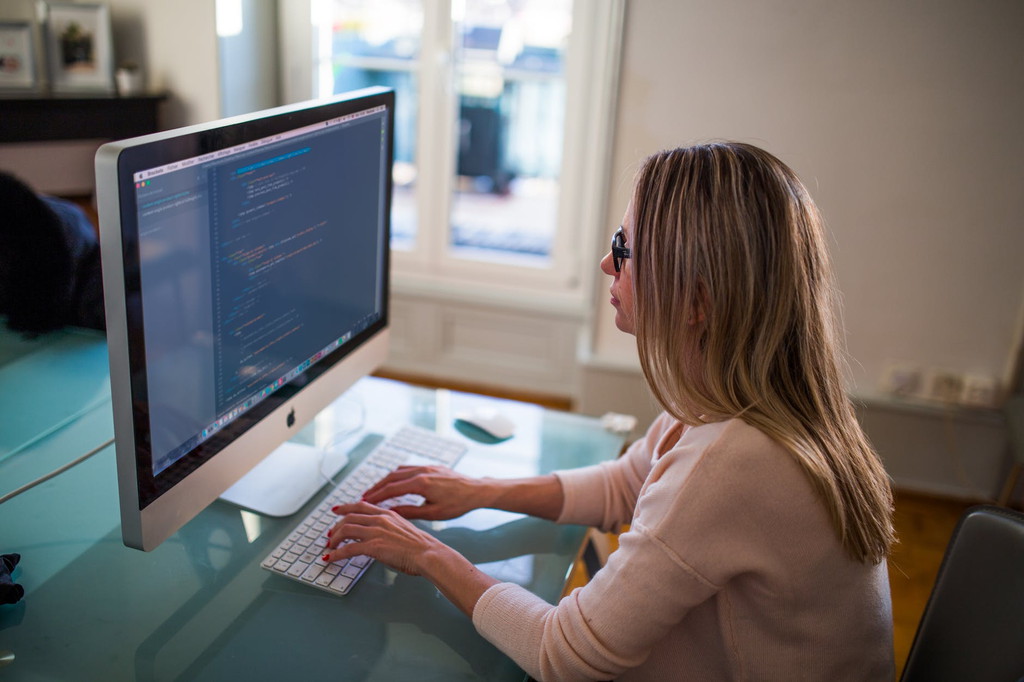While you might hope that your website is a maintenance-free asset for you and your business, the truth is that you have to stay on top of things to ensure that your website is functioning at its peak. If your website doesn’t load fast, you must determine why it uses too many server resources.
Having a website can benefit your business or hurt it. If your website is slow and doesn’t function well, it could be hurting you more than helping you. People are not patient and won’t wait for your site to load if it is underperforming.

Why Does My Website Load Slowly
No visitor will stay on your website if it loads slowly. I am pretty sure it disappeared with the sound of dial-up internet. Now, instead of waiting minutes for a site to load, we can’t be bothered if a site takes longer than 3 seconds. It is important to run tests to speed up your website, and here are some things you can test to ensure that your site is running up to par.
1. Cheap Hosting
If you aren’t a techie, you might not understand how hosting works or what it does. Hosting is where your website lives on the Internet. When someone wants to view your website, it should load fast.
If your host is slow, this can take a long time. While browser caching can help your site load faster for people who have already visited it, people who haven’t will still get a slow site since there is no cache on their browser.
When choosing your hosting, ensure you have a plan that doesn’t limit server resources. If you choose a cheap hosting plan, your website will load slowly, which could cause big problems, especially during peak hours when most visitors stay live on your website.
2. Resource Consuming Plugins
If you notice that your site is running very slowly, it could be because of your installed plugins. Plugins can be very helpful, but they can also harm your website’s performance and cause it to be slow if the coding isn’t written right or if they require a lot of server resources.
With over 60,000 WordPress plugins at your fingertips, I understand how tempting it can be to install just one more. If you can resist temptation and you really don’t need the plugin, march your fingers away from the install button and get back to working on something else.
If you aren’t sure which plugins are slowing down your website, you can install the P3 plugin to see which consumes the most server resources. Don’t worry; you can speed up your WordPress websites again and uninstall this plugin once you are done with your testing.
3. Poorly Coded Themes
If you have a poorly coded theme, this can wreak havoc on your website and its speed. If you are using a free theme or one that was a little cheap, you might need to worry about it. Sometimes free isn’t free, and there might be some extra code you don’t want.
You can visit the WordPress themes directory and choose free themes. While there may still be some poorly coded themes, they are generally on the safe side.
Opting for a theme that is well-coded and well-designed is going to result in much better site performance. Read customer reviews and see what people think about each theme you are considering.
4. Not Caching Your Website
Having a plugin allows you to cache your website so people can view it faster. If your website constantly has to be pulled from the server, this can cause major delays and make visitors who want to come to your site click the back button.
You can check out popular cache plugins like w3 Total Cache and WP Super Cache. Understanding how they work is important, so you might watch a video on YouTube about how caching works.
5. Latest Updates
WordPress is always updating to keep it functioning as well as possible. If you don’t keep your WordPress site updated, you could be vulnerable to acts from hackers and other unfriendly happenings.
Each WordPress update is done because there is a bug or a workaround that needs to be fixed. There could be a small update in features, but normally, it has something to do with security, so when you log in and it says there is an update, ensure you update your site after backing it up.
Sometimes, some plugins conflict with the new WordPress updates, so update your installed plugins regularly. We recommend using only those plugins that update frequently with each WordPress update. Otherwise, they may cause a website to load slowly.
Over to you!
It is important to monitor your site closely and ensure that you know what is going on with it. Conducting a monthly check-in in these areas can help ensure that your site stays healthy and continues to function and serve its visitors at the highest level possible.
Was this article helpful and informative? Leave us a comment with your thoughts in the section below.

I really enjoyed from reading the article .. valuable and helpful..thanks..
very usefull information & good explain this article
thanks for sharing
hello niche post bhai
Great article
Very helpful article. Love your tips.
Being a web developer for the last 10 years I can say this is 100% true for every website, very informative article, thanks for sharing your information with us